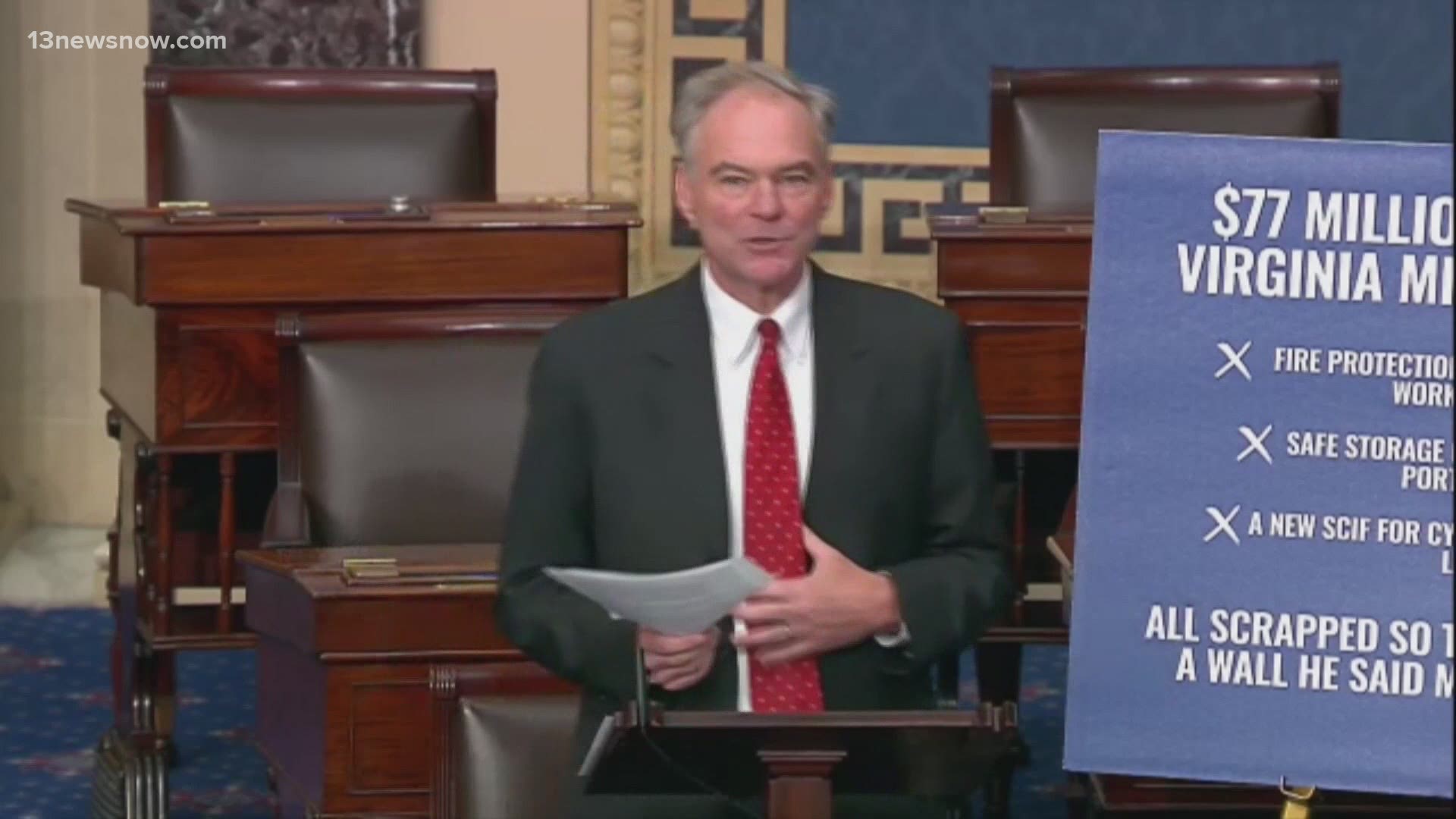WASHINGTON — Congress will likely need to pass a continuing resolution to keep federal agencies open beyond the end of the fiscal year on September 30, which is a mere two weeks from today.
House Majority Leader Steny Hoyer (D-Maryland) said Tuesday he will put continuing resolution legislation on the House floor early next week to keep the government running.
Which is a good thing, in terms of preventing a shutdown. But a continuing resolution would effectively freeze federal agency spending at prior-year levels until Congress can devise and pass new appropriations bills.
As a result, Department of Defense and Department of Veterans Affairs programs would be expected to operate for the rest of 2020 at current funding levels, with new program starts and new equipment purchases limited by financial constraints.
It's not the news that the thousands of companies in the supply chain supporting Navy shipbuilding and ship repair want to hear. It gives them no guarantees on what the future holds, financially-speaking, which makes long-term planning difficult for those companies.
However, Sen. Tim Kaine (D-Virginia) says he thinks in the end, things will work out, somehow.
"I think I can look at our agencies and also those who are doing shipbuilding and ship repair in Hampton Roads and say I feel confident that we're going to get a continuing resolution. And then, I'm confident that we're going to eventually get an appropriations deal, likely in December," he said.
Kaine added that it makes no sense to try to hammer out budgets prior to elections, and he'd like to see the process changed so that fiscal years would align with calendar years and run through December 31.
"For some reason, the decision has been made to have the budget year go from October 1 to September 30, so you have all this attention to trying to do budgets by the end of September, but remember, that's right in the heart of election season, " he said. "And every two years, all 435 House members are in the thick of their election campaigns at that time, and one-third of the senators are too. And, what I've learned is, we often get a budget deal before Christmas. We almost never get a budget deal in September."

